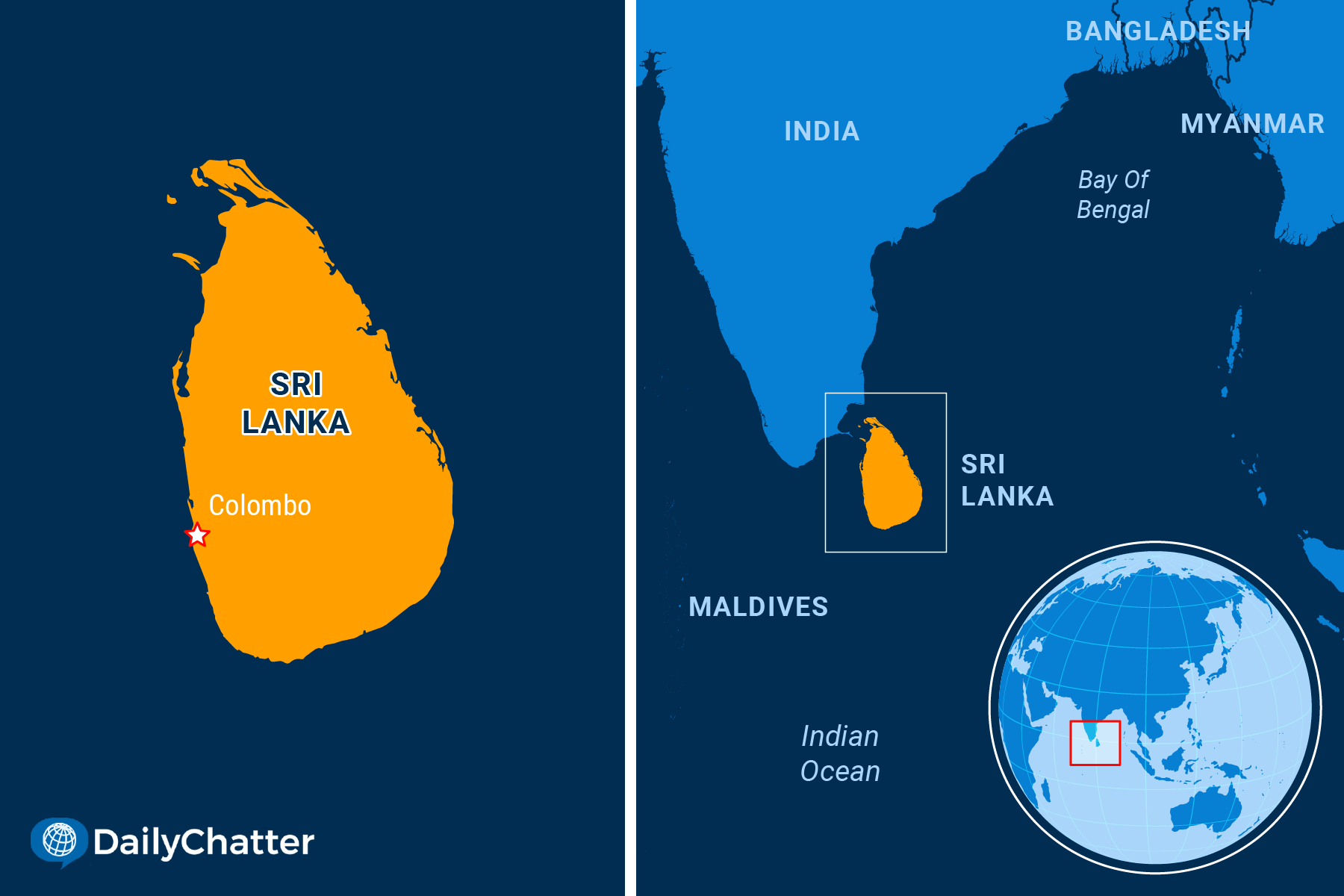
The World Today for September 12, 2023
NEED TO KNOW
Where the Truth Goes to Die
SRI LANKA

On Easter Sunday in 2019, a series of bomb blasts at churches and luxury hotels rocked Sri Lanka, killing 269 people. Authorities blamed members of the National Thowheeth Jama’ath, a local Islamic State-affiliated terrorist group.
A few months later, Gotabaya Rajapaksa won the South Asian island nation’s presidential election on a law-and-order platform. Then in 2022, he resigned amid mass protests over the failing economy. Today, incidentally, the country is bankrupt and is renegotiating its debts, the Financial Times noted.
Recently, however, British television news station Channel 4 reported that whistleblowers from within Rajapaksa’s government claim his intelligence officials were behind the attacks. He engineered the bombings, in other words, to capitalize on a climate of fear.
The former president, describing the Channel 4 broadcast as an “anti-Rajapaksa tirade” whose findings were “absurd,” denied the allegations, the Associated Press reported.
Sri Lankan officials said they would convene a special parliamentary committee to conduct a probe into Channel 4’s findings, Al Jazeera wrote.
Sri Lankans could be forgiven for not knowing whom to believe. Unfortunately, they face similar problems in parsing out other aspects of their country’s fraught history, including the 25-year-long civil war that ended in 2009 with more than 80,000 people having perished in the fighting. That war pitted Sri Lanka’s Sinhalese Buddhist majority against rebels who wanted to create a separate country for their ethnic Tamil, largely Hindu minority.
Current Sri Lankan President Ranil Wickremesinghe established a Truth and Reconciliation Commission to explore and attempt to exorcise the anger and enmities that still linger from the civil war. But, as the Economist argued, however, the commission has no teeth and is not accomplishing its goals.
As the International Crisis Group explained, Sri Lankan officials appear reluctant to really bring perpetrators of massacres and other horrors during the civil war to justice. A culture of impunity dominates the government when it considers how to bring its former military leaders and others to account.
Rather than producing reports and recommendations, the commission needs to investigate alleged misconduct and misdeeds, punish perpetrators, consider reparations for the victims, and other measures, added the International Federation for Human Rights.
“Truth-seeking alone will not suffice,” said United Nations High Commissioner for Human Rights Volker Türk in a statement. “It must also be accompanied by a clear commitment to accountability and the political will to implement far-reaching change.”
Politicians everywhere pass the buck to committees that make it look like the government is doing something when it isn’t. Many hope that won’t work this time in Sri Lanka.
To read the full edition and support independent journalism, join our community of informed readers and subscribe today!
Not already a subscriber?
If you would like to receive DailyChatter directly to your inbox each morning, subscribe below with a free two-week trial.
Support journalism that’s independent, non-partisan, and fair.
If you are a student or faculty with a valid school email, you can sign up for a FREE student subscription or faculty subscription.
Questions? Write to us at [email protected].
